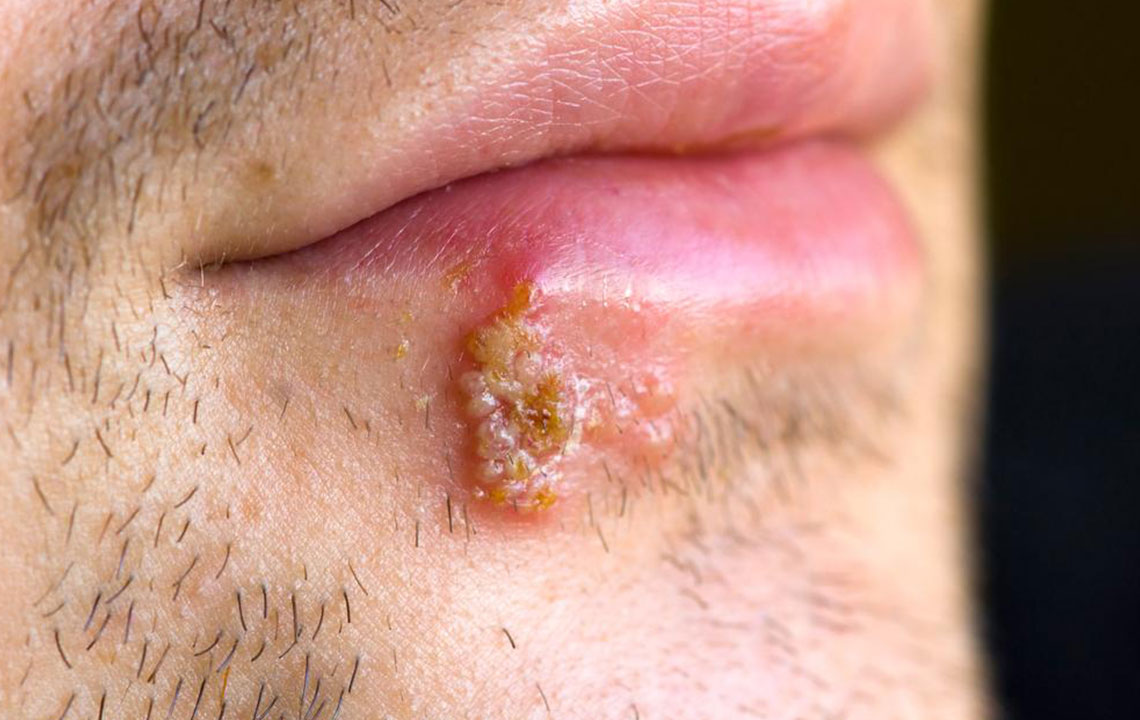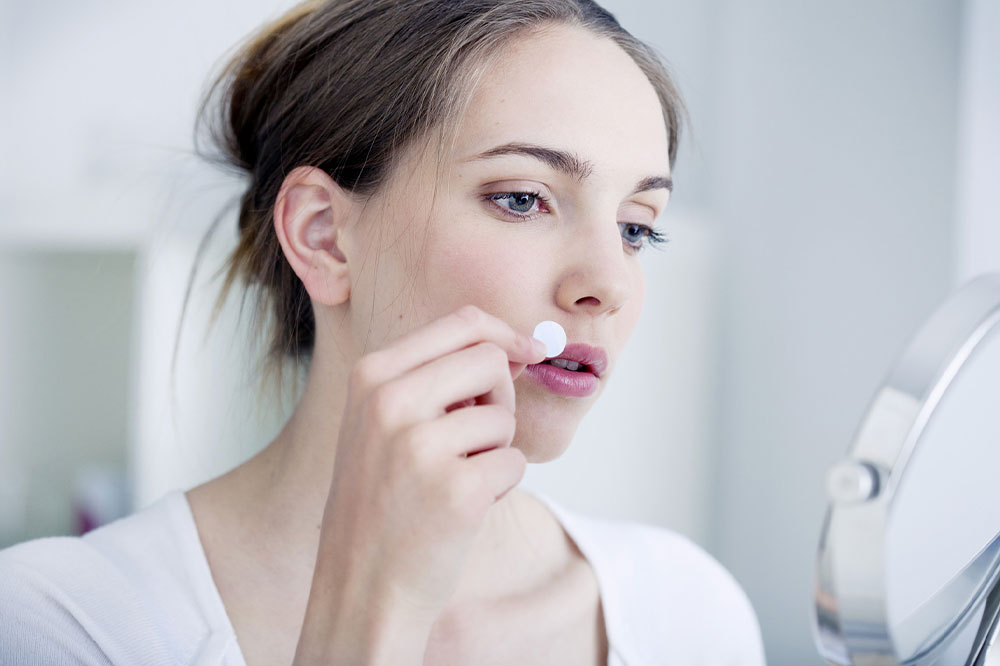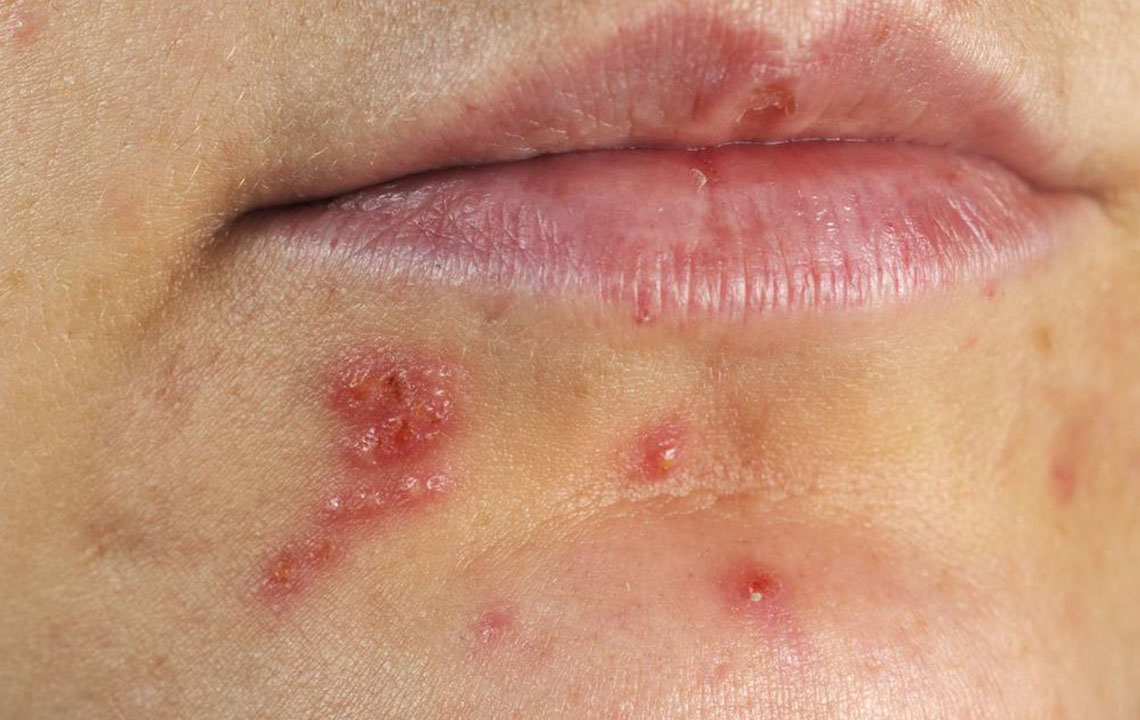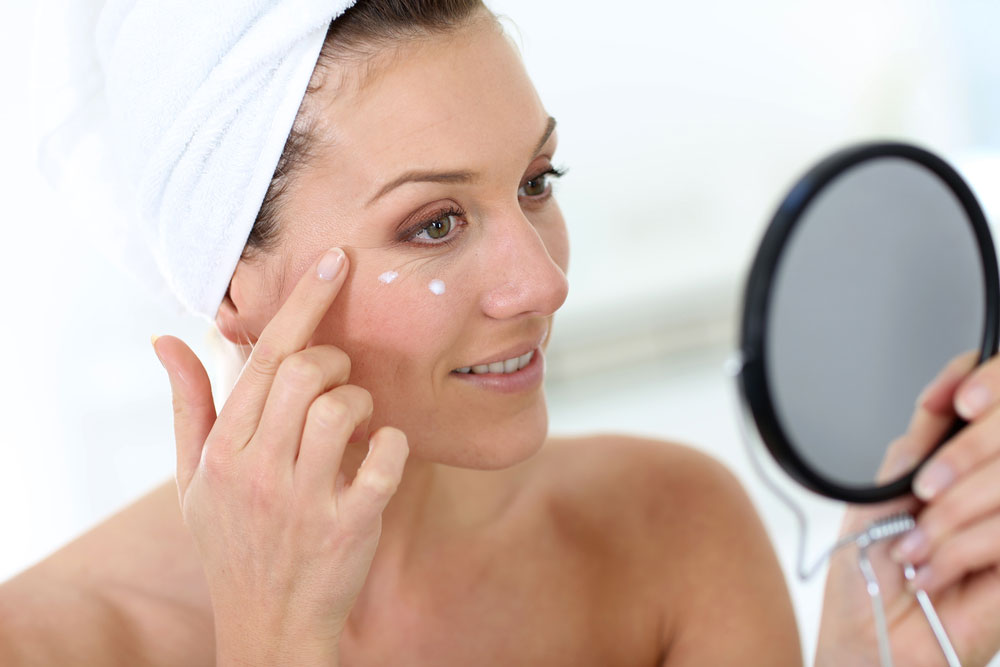Comprehensive Guide to Effectively Managing Herpes Outbreaks for Better Quality of Life
This extensive guide offers proven strategies for managing herpes outbreaks, focusing on hygiene, skincare, home remedies, and lifestyle adjustments. Learn how to reduce discomfort, prevent transmission, and maintain overall well-being with expert tips and medical advice. Empower yourself with the knowledge to handle herpes flare-ups effectively and improve your quality of life.

Comprehensive Strategies for Managing Herpes Outbreaks and Minimizing Discomfort
Herpes is a common viral infection caused by the herpes simplex virus (HSV), which leads to the development of painful blisters and sores on various parts of the body, most frequently around the mouth and genitals. While many individuals experience mild symptoms, herpes outbreaks can be recurrent and cause significant discomfort, impacting daily life and emotional well-being. Understanding how to effectively manage and control outbreaks is essential for those affected. Proper hygiene, skincare routines, lifestyle modifications, and medical interventions all play crucial roles in reducing the frequency and severity of herpes flare-ups. This detailed guide offers comprehensive strategies to help individuals cope with herpes outbreaks, improve their quality of life, and minimize the risk of transmission to others.
Herpes can be more serious in pregnant women or individuals with weakened immune systems, highlighting the importance of proactive management and medical consultation. From everyday hygiene practices to home remedies and preventive measures, staying informed and vigilant can make a significant difference in managing this chronic condition.
Prioritize and Maintain Excellent Hygiene
One of the most fundamental steps in managing herpes outbreaks is maintaining impeccable personal hygiene. During active outbreaks, it’s critical to avoid touching or scratching the sores to prevent further irritation and reduce the risk of spreading the virus. Always wash your hands thoroughly with soap and water after touching the affected area, especially before eating or touching other parts of your face or body. Proper hand hygiene is the first line of defense in preventing secondary infections and managing existing symptoms more effectively.
Limit Contact and Prevent Transmission
Herpes is highly contagious, especially when active sores are present. During outbreaks, it’s imperative to avoid close contact with others to prevent transmitting the virus. This includes abstaining from kissing, sharing personal items like lip balms, utensils, towels, or drinks that may come into contact with herpetic sores. If you use personal grooming products such as toothbrushes or cosmetics, replace them after the sores have healed to reduce the risk of reinfection. Education about transmission helps in safeguarding both yourself and those around you.
Adopt Gentle Skincare Practices
Proper skincare during an outbreak can significantly reduce discomfort and promote faster healing. Use mild, fragrance-free cleansers or natural soaps to clean the affected areas, avoiding harsh chemicals that can irritate sensitive skin. Use warm water rather than hot, which can exacerbate inflammation. Refrain from picking or squeezing blisters—this can worsen the sores and introduce bacteria. Instead, favor natural remedies like soothing oils or homemade cleansers that can gently cleanse and calm irritated skin. Always keep the area clean and dry to prevent secondary bacterial infections.
Utilize Effective Home Remedies and Lifestyle Adjustments
Many individuals find relief using simple home remedies to manage pain and accelerate healing. Warm compresses applied to the sores can alleviate pain and reduce swelling, while soaking in a warm bath with Epsom salts or natural antiseptics can promote comfort and healing. It’s important to use separate towels and linens for areas near sores—this helps prevent cross-contamination and infection spread. Exposing sores to air can promote natural healing, but in colder climates or during severe outbreaks, coverings or dressings may be necessary to protect the area.
Consult your healthcare provider for appropriate medications, including antiviral drugs like acyclovir or valacyclovir, which can shorten the duration of outbreaks and lessen severity. Topical agents may also be prescribed to ease discomfort. To reduce the likelihood of future outbreaks, limit sun exposure, avoid friction during intimacy, alleviate stress through relaxation techniques, and promote overall immune health through a balanced diet, regular exercise, and adequate sleep. Keeping a symptom diary can help identify triggers and better prevent recurrent episodes.
By implementing these comprehensive strategies—ranging from meticulous hygiene to lifestyle adjustments—individuals with herpes can significantly improve their management of the condition. Though herpes is a lifelong virus, effective management can minimize discomfort, reduce recurrence frequency, and enable individuals to lead healthier, more confident lives. Remember, proactive care and informed choices are vital components of managing herpes successfully.





